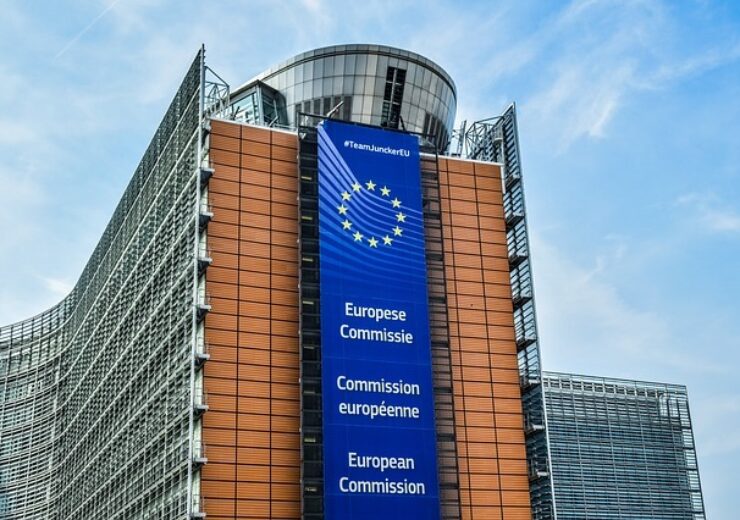The Commission is concerned that the agreement signed by the firms in 2018, which is related to online display advertising services, is part of efforts to exclude ad tech services that rival Google's Open Bidding programme

Google and Meta’s Jedi Blue agreement comes under EC scanner. (Credit: Dimitris Vetsikas from Pixabay)
The European Commission (EC) has launched a formal antitrust probe on Google and Meta (formerly Facebook) to evaluate if an agreement called ‘Jedi Blue’ between the two firms for online display advertising services has violated the European Union (EU) competition rules.
Jedi Blue, which was signed in September 2018, involves the participation of Meta’s Audience Network in the Open Bidding programme of Google.
The EC’s concern is that the agreement could be part of efforts to exclude ad tech services that rival Google’s Open Bidding programme. The Commission said that this could limit or distort competition in markets for online display advertising, which is harmful to publishers and eventually to consumers.
EC Executive Vice-President Margrethe Vestager, in charge of competition policy, said: “Via the so-called “Jedi Blue” agreement between Google and Meta, a competing technology to Google’s Open Bidding may have been targeted with the aim to weaken it and exclude it from the market for displaying ads on publisher websites and apps.
“If confirmed by our investigation, this would restrict and distort competition in the already concentrated ad tech market, to the detriment of rival ad serving technologies, publishers and ultimately consumers.”
The UK Competition and Markets Authority (CMA) has announced launching a parallel probe into the Jedi Blue agreement.
The British competition watchdog is focusing on whether Google and Meta curbed or prevented the uptake of header bidding services. It will also investigate if Google also impacted the ability of other companies in competing with its products in this space.
Header bidding is a service that lets sellers such as news publishers simultaneously offer their online advertising space to various buyers, instead of receiving offers individually.
The process results in buyers or advertisers competing against each other for ad space.
Publishers, on the other hand, can simultaneously compare bids from multiple buyers. The competition between buyers can make auctions more competitive, said the CMA.
The British competition regulator is also examining Google’s behaviour more widely in relation to header bidding services to see if the company abused a dominant position and got an unfair advantage over rivals trying to offer a similar service.
CMA Chief Executive Andrea Coscelli said: “We’re concerned that Google may have teamed up with Meta to put obstacles in the way of competitors who provide important online display advertising services to publishers.
“If one company has a stranglehold over a certain area, it can make it hard for start-ups and smaller businesses to break into the market – and may ultimately reduce customer choice.”


